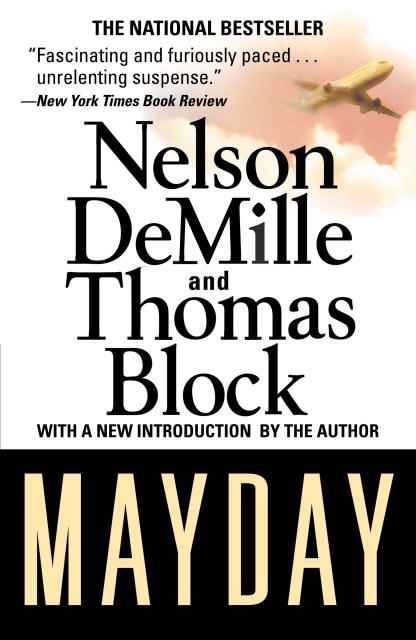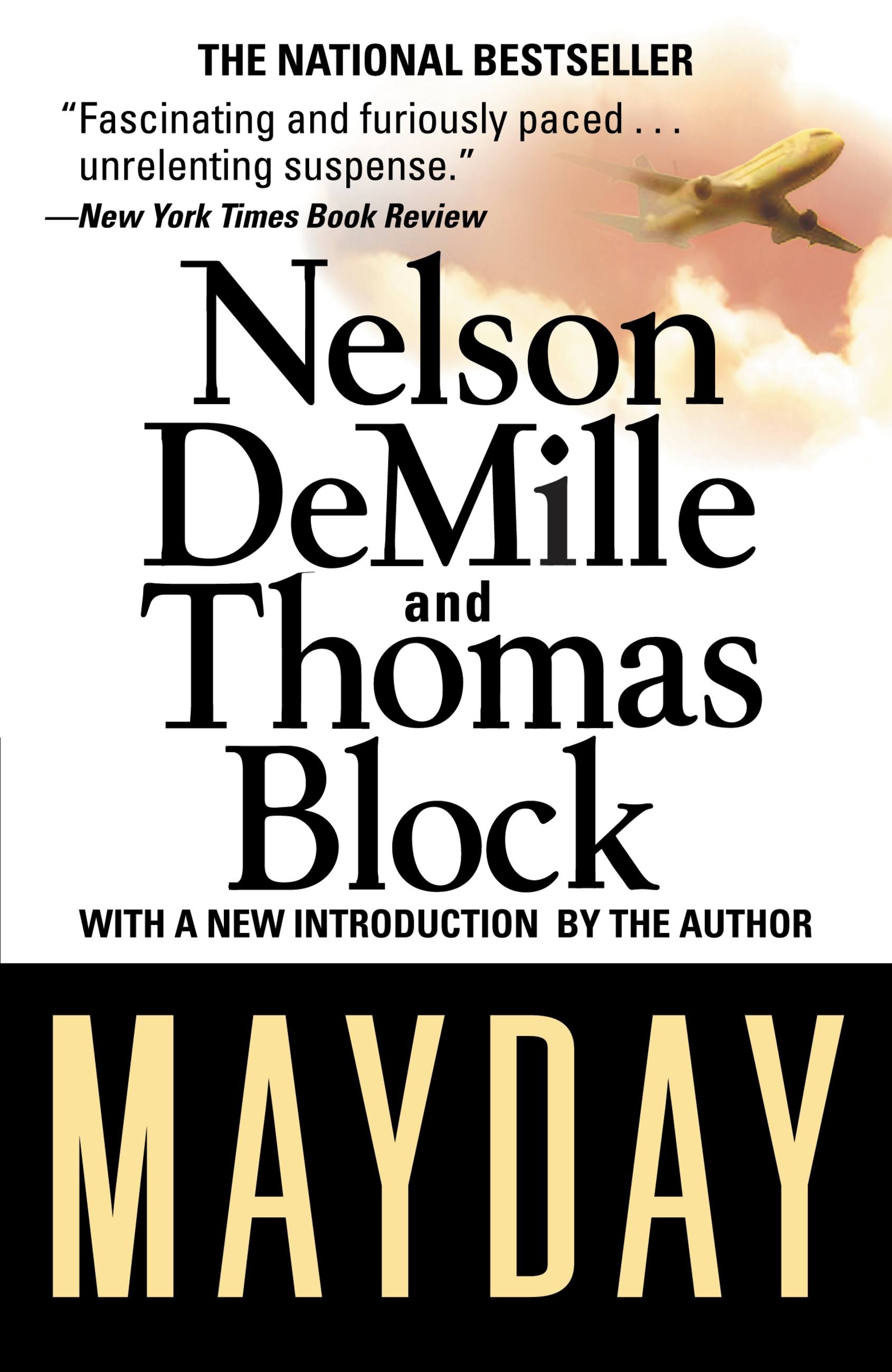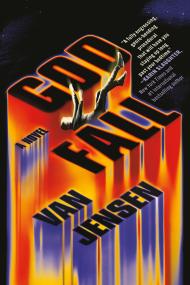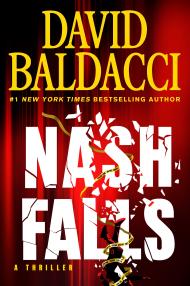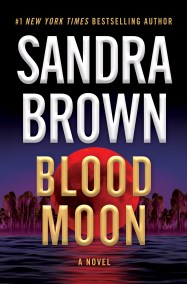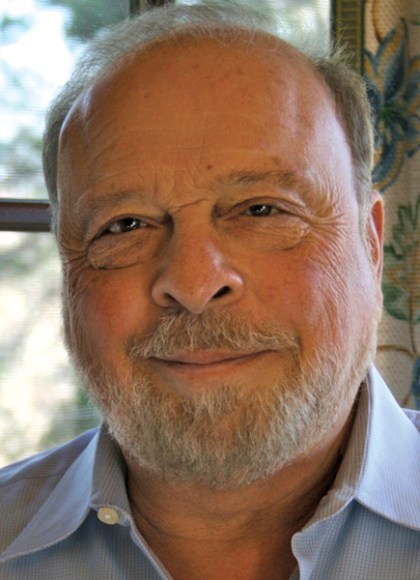By clicking “Accept,” you agree to the use of cookies and similar technologies on your device as set forth in our Cookie Policy and our Privacy Policy. Please note that certain cookies are essential for this website to function properly and do not require user consent to be deployed.
Mayday
Contributors
By Thomas Block
Formats and Prices
- On Sale
- Jun 1, 2011
- Page Count
- 432 pages
- Publisher
- Grand Central Publishing
- ISBN-13
- 9781455501618
Price
$19.99Price
$25.99 CADFormat
Format:
- Trade Paperback $19.99 $25.99 CAD
- ebook $8.99 $11.99 CAD
- Audiobook Download (Unabridged) $31.99
- Trade Paperback (Large Print) $25.99 $33.99 CAD
This item is a preorder. Your payment method will be charged immediately, and the product is expected to ship on or around June 1, 2011. This date is subject to change due to shipping delays beyond our control.
Buy from Other Retailers:
A teenaged girl in aisle 18, seat D, near the port-side aisle, her seat dislocated by the original impact, suddenly found herself gripping her seat track on the floor, her overturned seat still strapped to her body. The seatbelt failed and the seat shot down the aisle. She lost her grip and was dragged after it. Her eyes were filled with horror as she dug her nails into the carpet, as the racing air pulled her toward the yawning hole that led outside. Her cries were unheard by even those passengers who sat barely inches away from her struggle. The noise of the escaping air was so loud that it was no longer decipherable as sound, but seemed instead a solid thing pounding at the people in their seats . . .
Newsletter Signup
By clicking ‘Sign Up,’ I acknowledge that I have read and agree to Hachette Book Group’s Privacy Policy and Terms of Use
